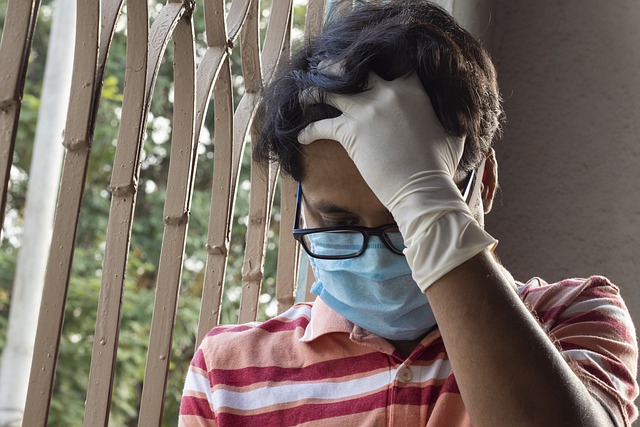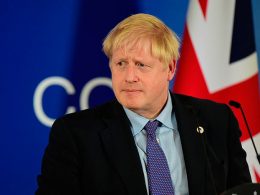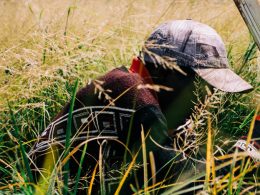South Africa has stopped giving out the Oxford/AstraZeneca COVID-19 vaccine as a result of a study that revealed that the vaccine is not very effective in protecting people against the new B.1.351 coronavirus strain which the country is currently battling. Dr. Zweli Mkhize, the country’s health minister, said the plans to give out the 1 million doses purchased will be suspended.
The minister stated that the suspension might be lifted later if the company is able to modify the vaccine so that it is effective against the new strain. He also explained that the country will now be working with the Johnson & Johnson and the Pfizer vaccines. The initial results of the study showed that the vaccine only slightly worked in protecting people from mild and medium infections from the B.1.351 strain.
About two thousand people participated in the study with half the figure receiving the vaccine and the other half getting a placebo. The scientists behind the study explained that antibodies had a more difficult time subduing the strain when compared to the Sars-CoV2. They also said they did not examine the vaccine’s potency against serious COVID-19 infections or if it helped reduce the death toll and hospitalization rates in participants.
Scientists from the University of Oxford took the data from the participants of the study alongside scientists from the University of Witwatersrand in South Africa and other scientists. Oxford said the study is yet to be published in any journal, but that is bound to change in the coming days, as it is already being reviewed.
On February 7, AstraZeneca said it is working on modifying the vaccine so that it can be more potent against the strain. The spokesperson also stated that the company is certain that the vaccine, in its current state, can still be used against serious infections gotten through the B.1.351 strain, especially if people take the second dose within the first eight-twelve weeks of taking the first shot.
The company is looking at an autumn release for an altered version of the vaccine, which it said is being developed alongside its Oxford partners.
One of the World Health Organization’s top executives for the COVID-19 pandemic, Maria Van Kerkhove, said on Sunday that the organization’s COVID-19 vaccine panel will discuss the implications for the new study during a meeting on Monday. The study might affect the plans of COVAX, a global vaccine initiative, which has already purchased millions of doses of the AstraZeneca vaccine to help third-world countries.
Many African countries were also considering going for the vaccine because it is not only affordable, it is also easier to store when compared to other vaccines.
Source: cnn.com









